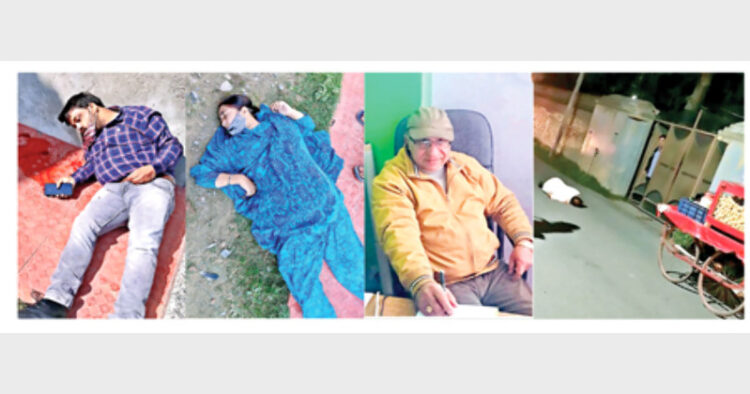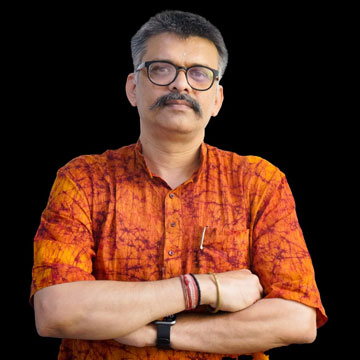On October 5, the terrorists in a cowardly attack claimed three innocent lives in the Valley. An elderly Kashmiri Hindu, Makhan Lal Bindroo, a prominent pharmacist, was killed in Srinagar. A vendor from Bihar, Virendra Paswan, belonging to a Scheduled Caste community, was shot dead in the Lalbazar area of Srinagar. At Naidkhai in Bandipora district of north Kashmir, militants shot dead Mohammad Shafi Lone, president of the local taxi stand. Even before the pattern was decoded, On October 7, shooters barged into a Government School in Srinagar's Eidgah area. They fired upon Principal Satinder Kaur, a Sikh lady from Alochibagh and another teacher Deepak Chand from Jammu. These distant looking incidents have a pattern in them.
The Resistance Front (TRF), an obscure organisation supposed to be an arm of Pakistan-sponsored terror outfit Lashkar-e-Taiba, has made the desperate claim through social media and took responsibility for the attacks. They have described targets as either agents of the 'Hindutva Forces' or informants of the security forces. The same outfit had taken responsibility for killing the political activists for participating in the democratic process in October 2020. Irrespective of the claims' validity, the soft targets’ choice and religious-social profile are apparent. Despite the series of Hindu exodus, if someone dares stay back in the Valley, they are targeted so that no one from the Kashmiri Hindu community dares to return to their homes. A small vendor is also termed occupier, as the arrival of an outsider for business activity is a sign of normalcy. A school Principal from a Sikh community is against the idea of imposing Sharia law, so she was eliminated. While a Taxi Association President supporting tourism in Jammu-Kashmir is labelled as an 'informer' because even such Muslims are not required. All these were courageous people who stood against the agenda of radicalisation and terrorism while standing for democracy and development. The cowards who believe in violence and exclusion could not digest them.
This spur of targeted killings is a sign of frustration for the radical terror outfits of the Valley and their masters in Pakistan. After the amendment to Article 370, many developments have taken place. From the deepening of democracy at the grassroots level to drastic improvement in the delivery mechanisms of the Government services, the change is perceptible. New academic and business opportunities are being created. More importantly, the infiltration bids and material support from across the border have reduced substantially. To negate all these positives, picking up the easier and softer targets to convey the message of terrorism is the obvious trick.
Notwithstanding all the economic woes and political uncertainties, Pakistan is emboldened with the Taliban takeover in Afghanistan. The 'Kashmir' issue is not getting traction on the international forum. To keep the atmosphere boiling, using the sleeper cells and creating fissures with minimum resources is the natural strategy for the epicentre of terrorism. Pakistan has been for the long-term existential war and striving to drive Bharat out of Jammu-Kashmir since 1947. Entire Bharat needs a multi-pronged long term vision for dealing with this hybrid war. This war is not just about some individuals or the 'Kashmir' Valley; it is a challenge for the idea of Bharat that celebrates spiritual democracy. Mere economic development or border security will not be sufficient to take on this war. The roots of radicalisation and separatism should be addressed to defeat the exclusionist idea called Pakistan. Defending the courageous who are ready to stand for inclusive democracy is an inalienable part of this war strategy.














Comments